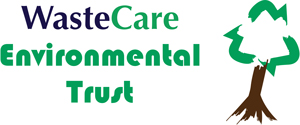
1: PlasticThe drive to reduce the amount of difficult waste choking our seas and rivers has featured prominently across social media. But despite the rhetoric and reposts, substantial progress is actually being made across the world to remove this particular environmental threat. Here at home, the sometimes ridiculed 5p plastic bag tax has actually contributed to a fall in the use of plastic bags by around 80%…in just one year. Australia has taken this one step further, again reducing their plastic bag usage by 80% over the course of just four months.2: TreesAs countless studies have demonstrated, trees are quickly becoming one of the easiest and most reliable ways to positively impact the environment. And with the growth of technology, it has become easier than ever to see them planted. The search engine Ecosia donates 80% of its surplus income to a variety of non-profits dedicated to siting and planting trees.
3: Coral Reefs
One of the most heavily referenced ecological impacts of climate change, coral reefs are seemingly experiencing a reprieve; in what was described as an accidental discovery, in late 2018 Dr David Vaughn of Mote Marine Laboratory in Florida came across a method that allows coral to reproduce 40 times faster then it does in the wild. He now has plans to coordinate with researchers around the world with the goal of planting one million corals over the next few years.
4: Bio-Waste
The international community is increasingly moving towards the concept of a circular economy as a means of improving recycling on a large scale. In 2018, representatives from 21 global institutions met to form the SCALIBUR project, spearheaded by the EU, with the goal of developing ways to reuse urban biowaste.





